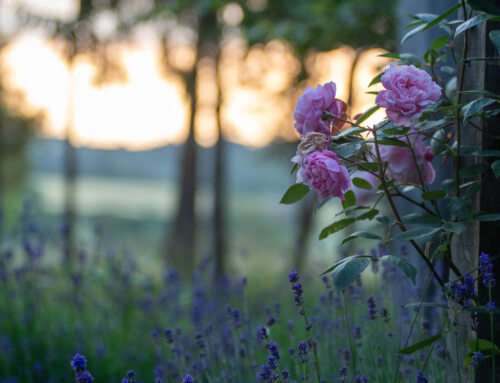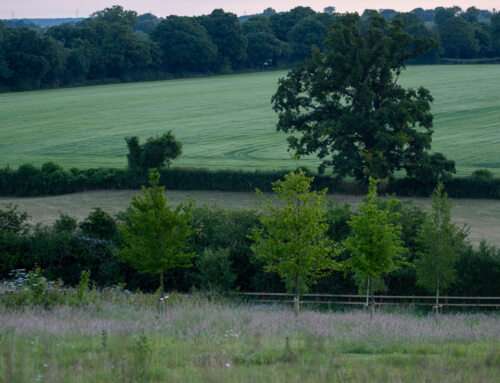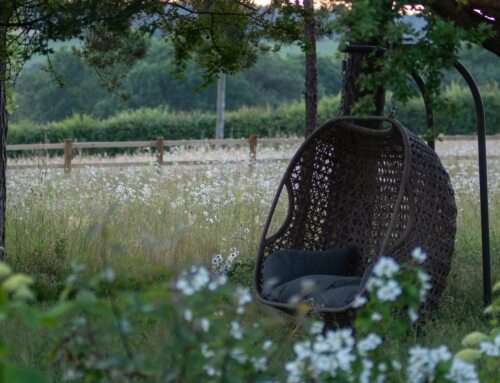The Benefits of Planting Trees
By Libby Reeves
Prior to Christmas, I was given some interesting blog ideas from our Managing Director, Liz Nicholson. On looking through this list, I saw the idea of planting one tree per household, which I thought I should address first, as, in an ideal world, I would have written this a few months ago, or even a few years. On researching for the title, the same phrase kept repeating: ‘the best time to plant trees is 20 years ago, the second-best time is now’. So, on these principles, I aim to discuss the benefits and pitfalls of planting trees, hopefully encouraging you that with very little effort, and just a little care, we can all have such a huge impact.
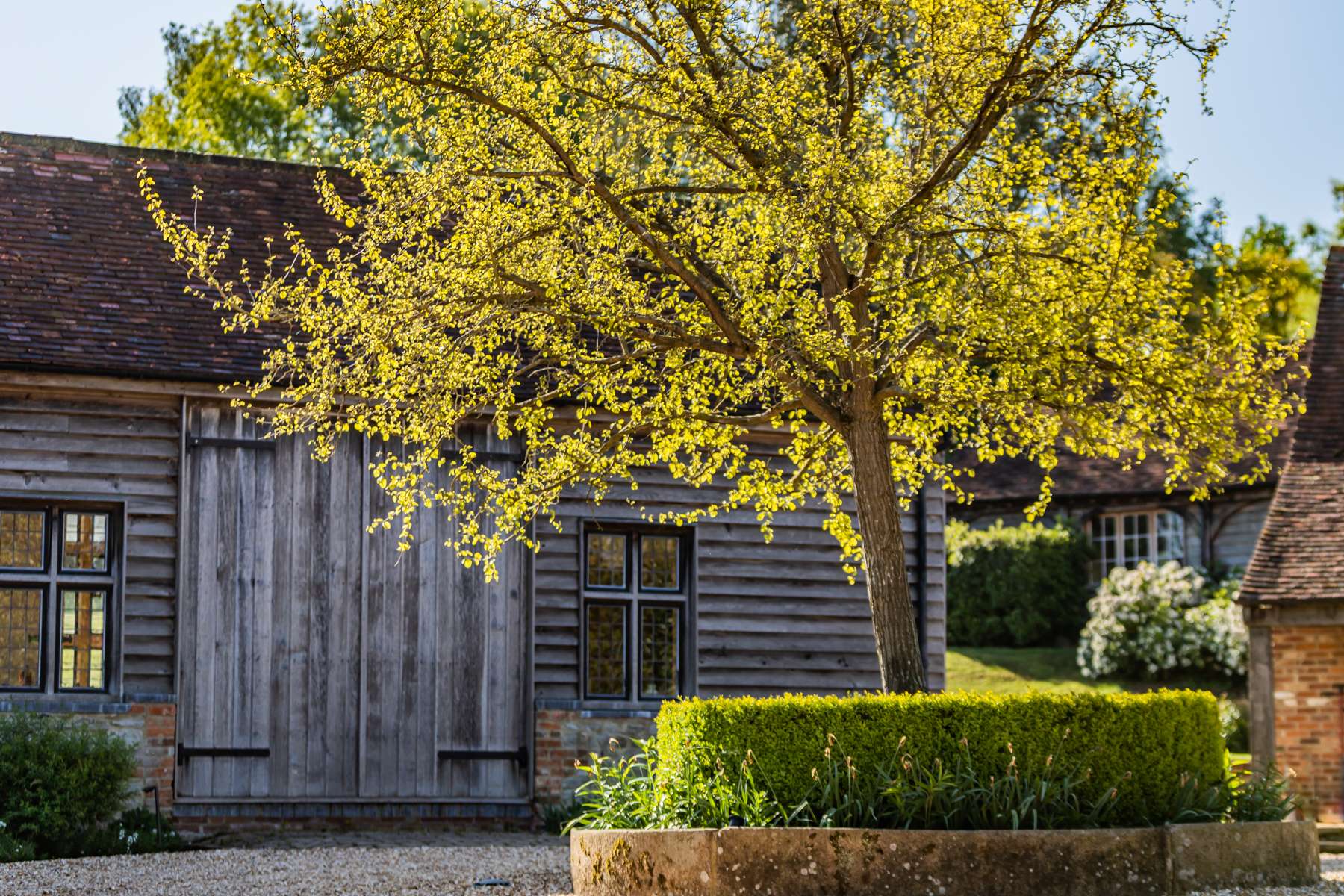
The Welsh government are running a campaign with the Woodland Trust to give a tree to every household in the country. This gives everyone an opportunity to make a difference in their own way: an extra 350,000 trees growing in the environment could remove hundreds of tonnes of man-made carbon within their lifetime. This would improve the environment both now and for many years to come. There are options for those who don’t have land to plant trees, where Welsh landowners will plant one for them, allowing everyone to get involved.
Trees are good for the environment. They absorb carbon and other pollutants in the air, making it cleaner for breathing. This is particularly useful in urban environments as the level of air pollutants is much higher. They are, of course, still useful away from the city as the polluted air can move and there is often greater opportunity for planting at scale. Trees are also key for promoting biodiversity. A mature Oak tree can support bats, birds, and small mammals, as well as a huge quantity of beneficial insects. A small woodland with a mix of native broad leaf species would then scale these numbers both in diversity and quantity.
Outdoor spaces have a huge, and well-researched, positive impact on the health of the nation. Improving the air we breathe reduces the risk of lung and heart related diseases. Planting trees improves urban green spaces, encouraging the local population to go out and exercise. The act of planting a tree is good physical activity, and so enjoyable that many volunteers will join groups with the local wildlife charities and green gyms, getting lots of physical activity to promote their physical health. Alongside this, the impact of trees on mental health is almost more profound. Research shows that patients in hospitals will get healthier quicker if their room has a view of trees, and pass grades within schools is linked to views of trees from their study seats. Levels of stress, anxiety and depression have been shown to improve when study participants have been exposed to trees and the natural environment.
Trees can provide some much-needed shade in summer, particularly when close to a building with glass panels, reducing the need for air conditioning. Some trees- such as fruit and nuts- when planted and cared for in the right way, can provide food at low or no cost. In the current economic climate, providing healthy and free food has never been so vital.
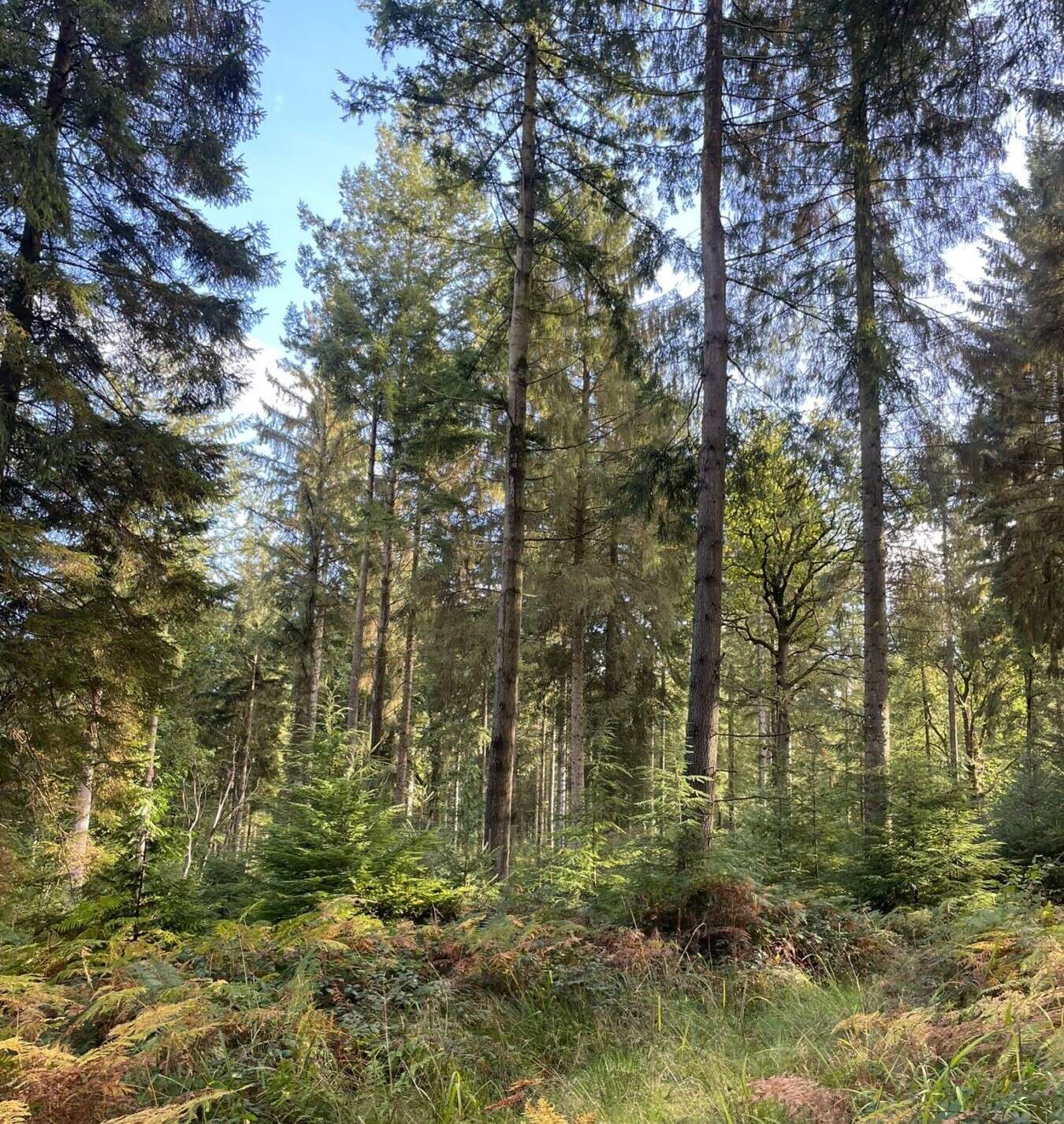
The benefits of planting trees, I hope, is clear, however, there are some words of caution to be associated with this. Planting the right species of tree in the right place is vital for the survival and health of the tree. Hazel and alder are known for their ability to cope with heavy, wet soils, whereas beech is far better suited to the shallow, limestone soils of the Cotswolds and the Chilterns. A hawthorn is smaller and pretty, ideally suited to a garden, whereas an oak will mature at 20-30 metres and will, in time, outgrow a smaller space. The benefits of tree planting need to last the lifespan of the tree, which can be up to 1000 years, so care needs to be taken when choosing your species. Planting trees in pots, although possible, requires much skill and attention, so try to plant in the ground wherever you can, which in turn will promote the longevity of the tree.
Young trees are liable to be destroyed or damaged without some care put in. Regular watering over the hotter, drier months will promote healthy root growth, as will clearing the vegetation away from the base of the tree so the competition for water is reduced. A support system from a stake, with a guard to keep deer, rabbits and pets off in the first few years is invaluable, as is ensuring the tree has been planted at the correct depth – trees planted too deep will succumb to disease and eventual death. Please come to Nicholsons where we can give you good advice and guidance.
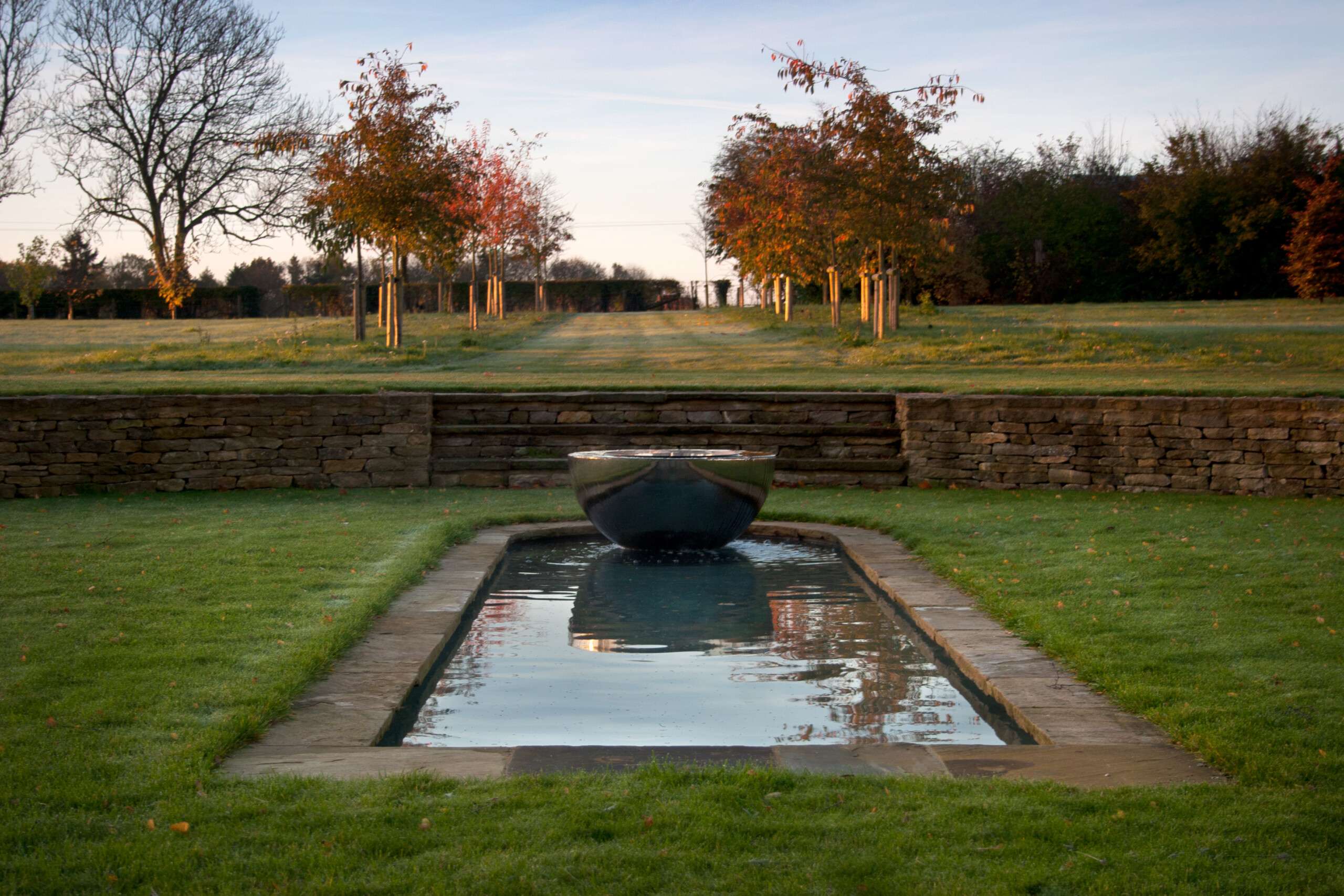
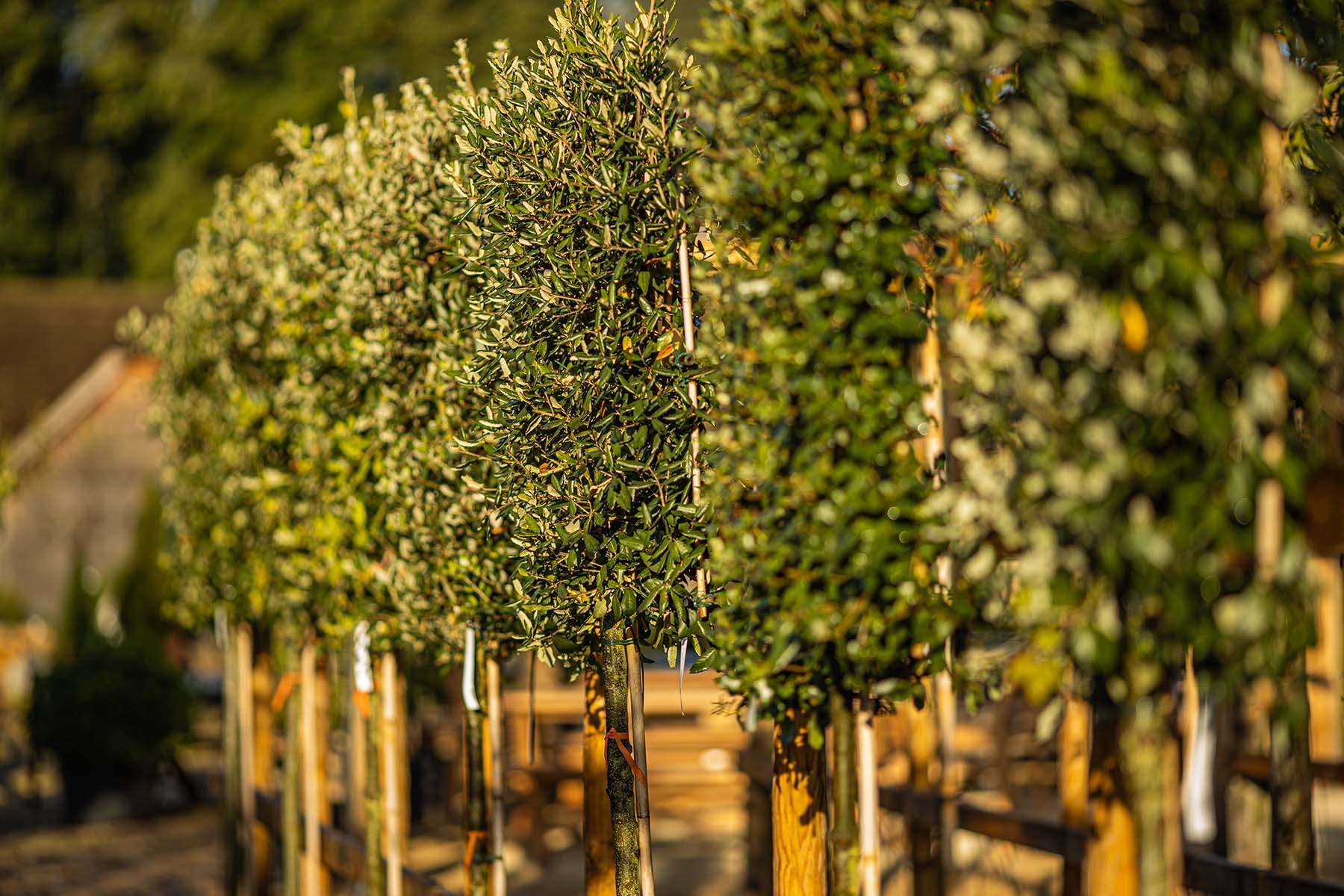
Finally, ensure that the situation you are going to plant the tree in will benefit the area: A large tree in the middle of a football pitch will prevent many getting exercise, a tree on a property boundary may impact the pathway of an elderly neighbour, or excessive planting on an already thriving habitat – such as species dense, wildflower meadows – may disrupt an already thriving biodiverse environment. Planning is the key to our success. Please contact us here at Nicholsons for help and advice on all projects. Whether you aim to plant one tree or a thousand trees, we can all do our bit.
To conclude, if every household in the UK planted one tree, the difference to the climate would be immense. We would reduce the impact of major disease and improve the mental health of many. At Nicholsons, we have trees from year old maidens to large mature specimens, in many species to suit many soils and situations. Come and find your favourite.
References:
‘The benefits of trees for liveable and sustainable communities’ Turner-Skoff and Cavender Plants, people, planet 2019 1: 323-335
‘Guidance for successful tree planting initiatives’ Brancalion and Holl Journal of applied ecology 2020 57: 2349-2361

